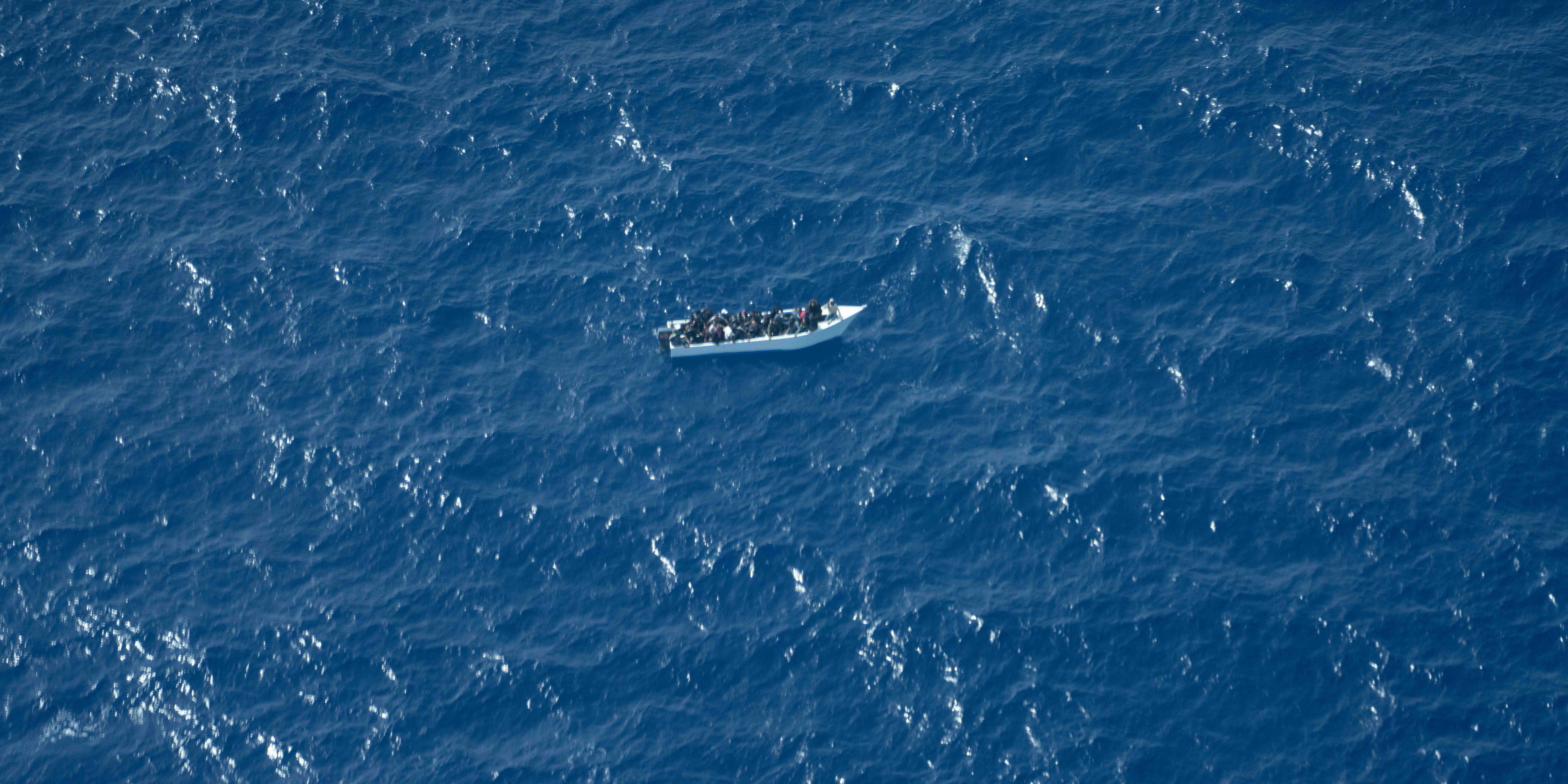The sea rescue organization Sea-Watch has filed criminal charges against Italian authorities with the public prosecutor’s office in Agrigento, including multiple counts of negligent manslaughter. On September 2, Sea-Watch reported an emergency to the Italian Coast Guard, which later suffered a shipwreck. Twenty-one people drowned before Italian authorities took rescue measures. The complaint, which is supported by three survivors and the son of a drowned man, is based not only on witness statements from survivors but also on photographic evidence and forensic reports.
On September 2, 2024, the Sea-Watch-operated Seabird 2 monitoring aircraft spotted a boat in distress with 28 people on board and immediately reported the situation to the relevant authorities. The last sighting of the boat was 26 nautical miles off Lampedusa, a distance that the Italian Coast Guard could have covered in about an hour. However, the Italian authorities remained inactive until a Coast Guard patrol boat finally rescued seven survivors just ten nautical miles from the island on the morning of September 4. Twenty-one people did not survive Italy’s failure to provide assistance.
The public prosecutor’s office in Agrigento has been asked to investigate the circumstances leading to the death of the 21 people. The criminal complaint is being filed by Sea-Watch, Ibrahim Hsian (son of Mohammad Hsian, who drowned in the shipwreck), and three of the survivors. The public prosecutor’s office is to investigate whether the following crimes were committed:
- Shipwreck due to negligence.
- Multiple manslaughter due to negligence.
- Failure to provide assistance.
- Refusal to perform official duties.
“The thousands of drownings and the impunity of those responsible must end. Those who fail to fulfill their duty to rescue must be brought to justice,” says Oliver Kulikowski, spokesperson for Sea-Watch.
The shipwreck of September 2 is not an isolated incident. In 2024, over 1,700 people were reported dead or missing in the Mediterranean. Since 2014, more than 30,000 people have died in the Mediterranean, which is considered the deadliest border in the world. The European Union’s policy of isolation does not prevent desperate escape attempts across the Mediterranean but only makes such attempts more dangerous and deadly. The answer to this cannot be more isolation and death but safe and legal escape routes.











